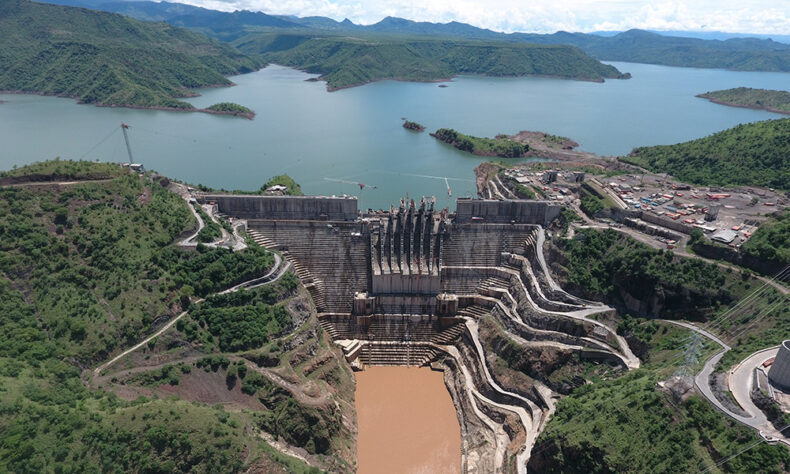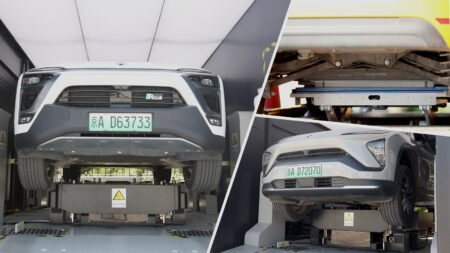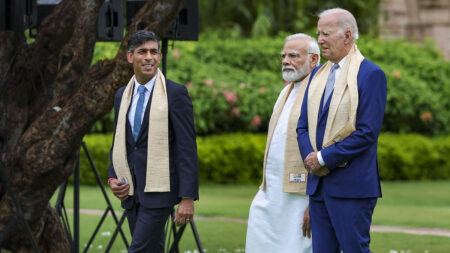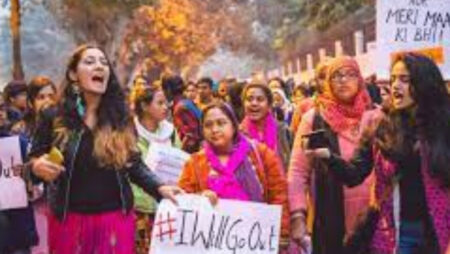Table of Contents
Breakthrough Agreement Reached to Finalize Deal on Grand Ethiopian Renaissance Dam
Ethiopia and Egypt have reached a significant breakthrough in their long-standing dispute over the Grand Ethiopian Renaissance Dam (GERD) on the Blue Nile. On Thursday, July 13, 2024, Egyptian President Abdel Fattah al-Sisi and Ethiopian Prime Minister Abiy Ahmed held talks in Cairo, where they discussed ways to overcome the stalemate in negotiations regarding the dam. A joint statement released by the Egyptian presidency announced that the two leaders agreed to expedited negotiations to finalize an agreement on the dam’s filling and operation within the next four months.
Talks Take Place on the Sidelines of African Summit
The meeting between President al-Sisi and Prime Minister Ahmed occurred on the sidelines of a summit of African leaders aimed at resolving the conflict in war-torn Sudan. Although Sudan was not directly involved in the discussions, Mubarak Ardol, a former rebel leader considered close to the Sudanese army, expressed support for the preliminary agreement on the dam, indicating the possibility of future trilateral discussions involving Sudan.
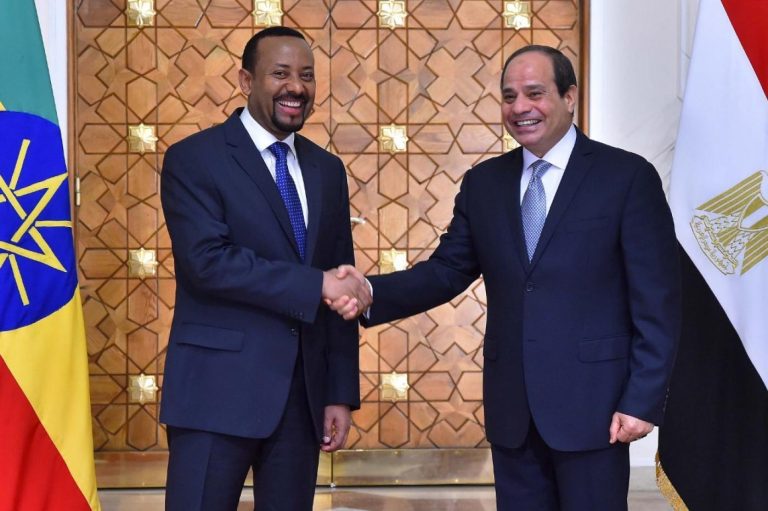
A History of Disputes and Concerns
Since its inception in 2011, the GERD has been a subject of controversy and tension between Ethiopia and its downstream neighbors, particularly Egypt and Sudan. The primary concern revolves around the potential impact of the dam on the flow of the Nile River, upon which Egypt heavily relies for 97% of its water needs. Sudan, which experiences both water scarcity and annual flooding, initially criticized the project but has shown a changing stance, recognizing the potential benefits of flood regulation.
The Significance of the Dam for Ethiopia
For Ethiopia, the GERD represents a crucial development project that is nearing completion, with 90% of construction already finished. The dam is expected to generate up to 6,500 megawatts of electricity, effectively doubling Ethiopia’s current national electricity output. This significant increase in power generation will not only meet the growing energy demands of the country but also provide access to reliable electricity for a large portion of the population currently unconnected to the grid.
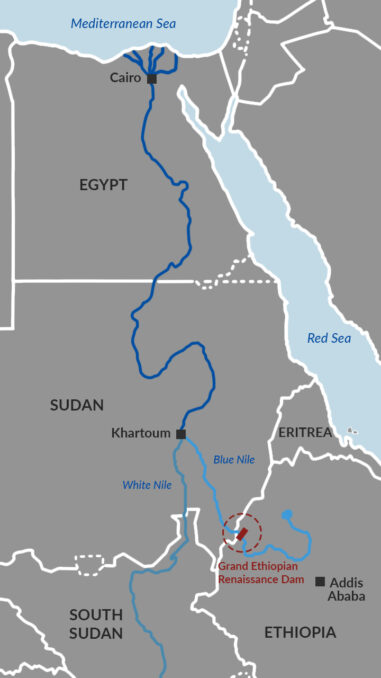
The Potential for Scientific and Political Solutions
While concerns persist, researchers and experts suggest both political and scientific approaches to address the situation. One possible solution is a data-sharing agreement between Egypt, Sudan, and Ethiopia, which would enable the management of water flows from the dam. Such an agreement could include provisions for guaranteed water releases during periods of drought, fostering trust, cooperation, and sustainable multilateral management of the Nile’s flows.
Additionally, scientists propose operating the GERD and Egypt’s Aswan High Dam together, which could lead to increased water supply for both countries. The high altitude of the GERD and the lower altitude of the Aswan High Dam, combined with differences in reservoir size, could minimize evaporation losses and enhance hydropower generation.
Prospects for an Agreement
As the GERD’s completion approaches, anticipated between 2024 and 2025, the possibility of reaching a comprehensive agreement is still uncertain. However, the recent breakthrough and the commitment of Egypt and Ethiopia to expedited negotiations provide a glimmer of hope for a resolution to the longstanding dispute over Africa’s largest dam.
In conclusion, the agreement between Egypt and Ethiopia to finalize a deal on the GERD within four months marks a significant step toward resolving their differences. Despite the challenges and concerns surrounding the dam, both countries have expressed a willingness to explore political and scientific solutions that could benefit all parties involved. The next few months will be crucial in determining the future of the dam and shaping the relationship between Ethiopia, Egypt, and potentially Sudan.







